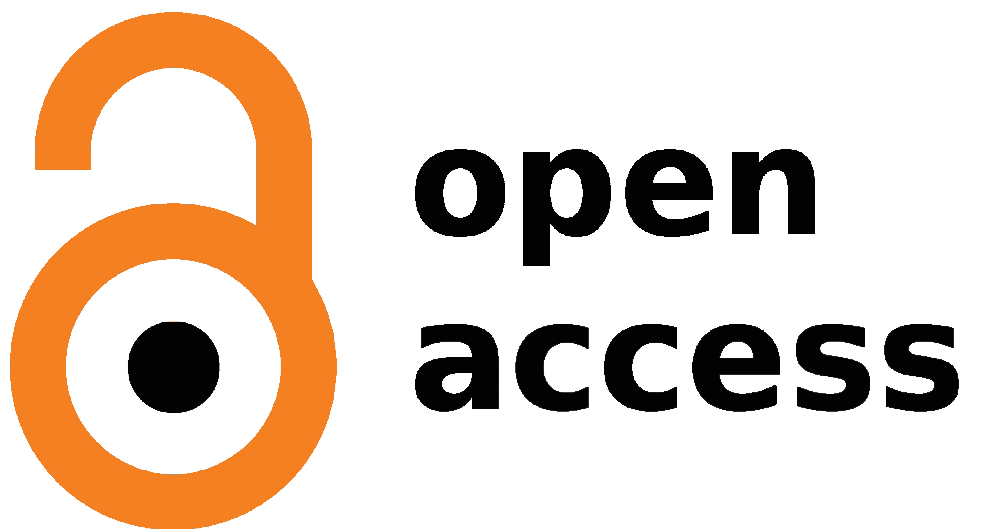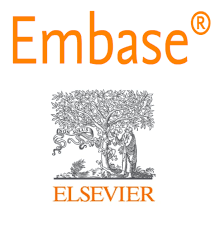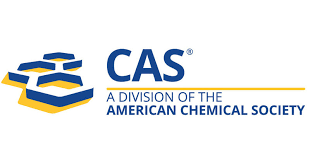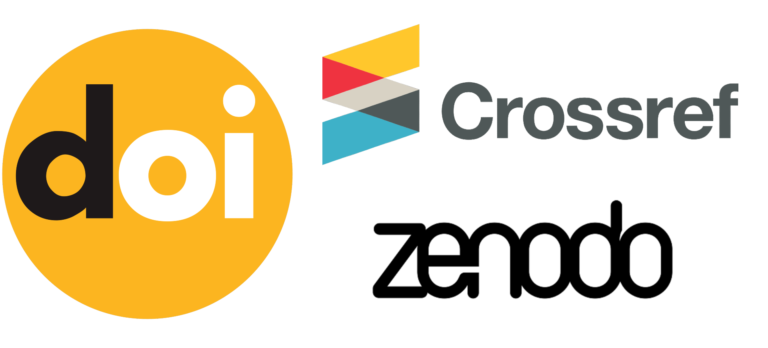A Study on Knowledge, Attitudes, and Practices towards Pharmacoeconomics among Medical Interns In a Tertiary Care Hospital in Chengalpattu District- A Cross-Sectional Study
Keywords:
Pharmacoeconomics, Knowledge Attitude Practice, Cost-effectiveness, Generic Drugs, Cross-sectional Study, Chengalpattu.Abstract
Background: Pharmacoeconomics is an essential component of modern healthcare, particularly in resource-limited settings like India. It aids in evaluating the cost-effectiveness of drug therapies and optimizing healthcare resource allocation. Despite its growing importance, there is limited awareness and practical application among medical interns.
Objective: To assess the knowledge, attitudes, and practices (KAP) regarding Pharmacoeconomics among medical interns in a tertiary care teaching hospital in Chengalpattu district.
Methods: A cross-sectional, questionnaire-based study was conducted among 143 medical interns at Melmaruvathur Adhiparasakthi Institute of Medical Sciences and Research from February to April 2024. A semi-structured, pretested questionnaire assessed knowledge, attitudes, and practices related to Pharmacoeconomics. Data were analyzed using SPSS Version 16.
Results: Among the participants, 47.6% demonstrated good knowledge, 38.5% had a positive attitude, and 39.9% reported good practices towards Pharmacoeconomics. While most participants (69.2%) could define Pharmacoeconomics and 84.6% identified types of analysis, awareness of advanced concepts like indirect cost estimation (2.1%) and regulatory bodies (11.2%) was low. The majority (61.5%) showed a negative attitude, and practices were suboptimal, especially in applying Pharmacoeconomics to public health decisions.
Conclusion: The study highlights moderate knowledge but poor attitudes and practices towards Pharmacoeconomics among medical interns. Incorporating Pharmacoeconomics into the undergraduate curriculum and conducting workshops and CME programs could enhance understanding and promote better application in clinical practice.
.png)









